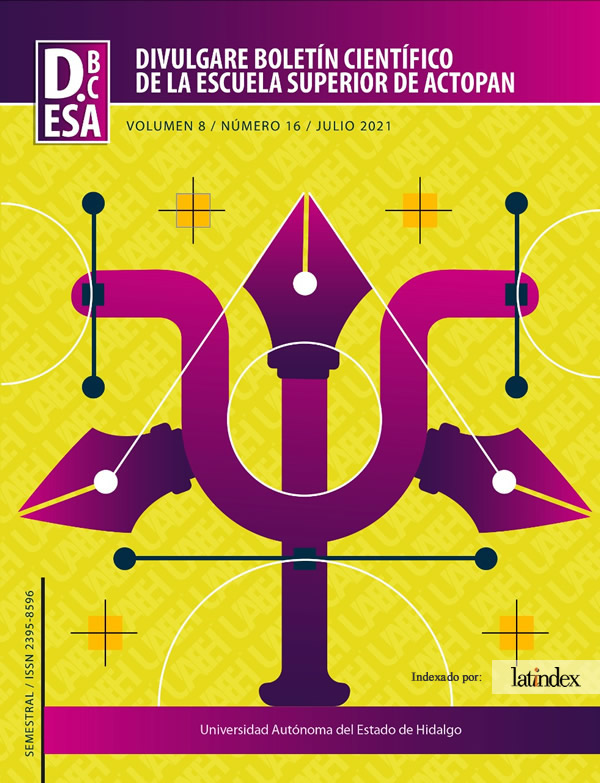Effects of Early Stimulation with directed approach in Working Memory in children of 4 years old.
Abstract
Early stimulation is defined as a set of repetitive, continuous and systematized actions through play that provides the child with the experiences he needs to fully develop his cognitive, linguistic, motor and social potential. Specific places such as the Early Stimulation Centers are intended to help children in a pleasant and fun way the development guidelines according to their age, using as a tool the directed and supervised game. The present work aimed to compare the effects of early stimulation with a targeted approach, in working memory in children of 4 years who were stimulated and in children who were not. The Neuropsychological Battery for Preschool (BANPE) test was used to assess the working memory visuospatial and verbal. The statistical procedure used was t-Student for independent samples finding homogeneity. Results: it was revealed that the experimental group has a higher score than the control group [t(28)=5.80, p<0.001], finding signidicant differences.
Downloads
References
Bolaños, M. (2005). Aprendiendo a estimular al niño: Manual para padres y educadores con enfoque humanista. Recuperado de: https://books.google.com.mx/books?id=P2uFhtS68VoC&printsec=frontcover&source=gbs_ge_summary_r&hl=es#v=onepage&q&f=false
Baker-Henningham, H., & López Bóo, F. (2013). Intervenciones de estimulación infantil temprana en los países en vías de desarrollo: Lo que funciona, por qué y para quién.
Ostrosky, F., Lozano, A. y González, M. (2016). Batería neuropsicológica para preescolares (BANPE).
Vázquez, B. C., Ramos, M. B., & Córdova, A. E. El juego en la estimulación temprana del desarrollo en niños preescolares. Revista Electrónica de Psicología de la FES Zaragoza, UNAM. Vol. 8, No. 15, enero–junio, 2018, (pp. 18-25).
Garza, Jessica. (2014) El impacto de la Estimulación Temprana en la primera infancia. Tesis de Licenciatura. Universidad de Monterrey.
Zubía, R. F. (2016). Efectos de un programa de estimulación temprana en el desarrollo integral de niños de 1 a 12 meses. Revista Mexicana de Investigación en Cultura Física y Deporte, 1(1), 174-187.
Edmond, K. M., Strobel, N. A., Adams, C., & McAullay, D. (2019). Effect of early childhood development interventions implemented by primary care providers commencing in the neonatal period to improve cognitive outcomes in children aged 0–23 months: protocol for a systematic review and meta-analysis. Systematic reviews, 8(1), 224.
López, M. (2013). Rendimiento académico: su relación con la memoria de trabajo, (pp. 3-7).[9] Harmony, T. (2004). Factores que inciden en el desarrollo del sistema nervioso del niño. In: M. Corsi Cabrera, ed., Aproximaciones de las neurociencias a la conducta., 2nd ed. Universidad de Guadalajara: El Manual Moderno, 147-158.
Bull, R., Espy, K. A., & Wiebe, S. A. (2008). Short-term memory, working memory, and executive functioning in preschoolers: Longitudinal predictors of mathematical achievement at age 7 years. Developmental neuropsychology, 33(3), 205-228.
Schneider, W. (2014). Memory development from early childhood through emerging adulthood. Springer, 188-189.
Ostrosky, F. (2010). Desarrollo del cerebro. Neurociencias, Universidad Nacional Autónoma, (pp.1-10).
Hauser, P., y Labin, A. (2018). Evaluación cognitiva de niños: un estudio comparativo en San Luis, Argentina/Cognitive Evaluation of Children: a Comparative Study in San Luis, Argentina. Revista Costarricense de Psicología, 37(1), 27-40.











